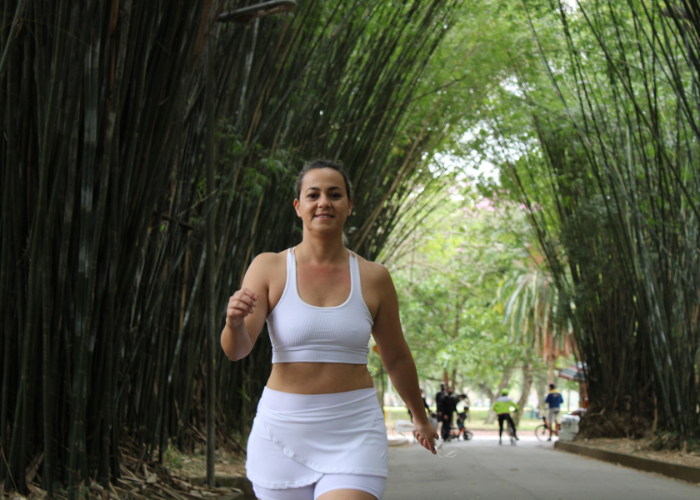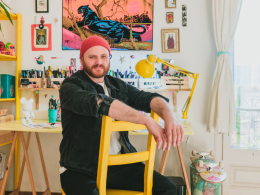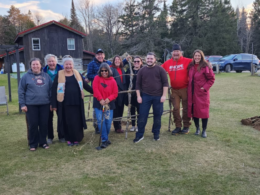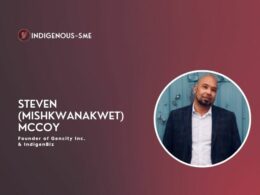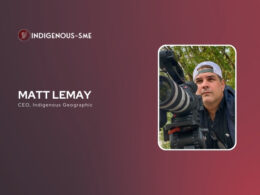Physical activity is an essential aspect of a healthy lifestyle. It not only improves physical health but also has a positive impact on mental well-being. And for many Indigenous communities, physical activity has long been an essential aspect of daily life. Whether it be through traditional activities, such as hunting, fishing, and dancing, or through modern sports and fitness, Indigenous people understand the value of staying active for their health and well-being.
The Indigenous Physical Activity and Cultural Circle (IPACC) is a national non-profit organization that recognizes this and seeks to create a community of support for Indigenous people looking to engage in physical activity. The organization serves as a network for Indigenous people involved in traditional activities, fitness, recreation, and sports. IPACC aims to establish and expand relationships between individuals engaged in physical activity and promote access to resources and exposure to health and wellness opportunities.
Dr. Rosalin Miles, IPACC’s Executive Director and Founder, has been at the helm of the organization since its inception in 2011. She has donated her time and office space to help the group achieve its goals. Shawn Hanna has been in his current role as project coordinator for three years. IPACC’s current Board of Directors consists of five Indigenous people with varied experiences in fitness, health, and well-being.
Promoting Health and Wellness by Expanding Access to Necessary Tools
IPACC’s vision is to strengthen communities of active people by increasing participation in and exposure to health and wellness activities, programs, and policies. The purpose of the organization is to unite role models, leaders, followers, and supporters who believe in the power of exercise to improve health and well-being, and this goal is mirrored in the composition of the group.
Guided by Advisory Committees
Advisory panels focused on seniors, those with disabilities, women, and young people provide input on IPACC’s network planning. IPACC team members are welcome to join quarterly conference calls with other committee members to discuss their progress and brainstorm solutions to any issues that may arise. The IPACC Executive Director, staff, and Board of Directors are all invited to these gatherings to hear suggestions on how to strengthen the network’s connections and services for its members.
Team up with the IPACC!
IPACC encourages any Indigenous person interested in increasing their level of physical activity to join their squad. IPACC fosters a community that encourages physical activity—whether it takes the form of traditional pursuits, fitness, leisure, or sports—in order to improve the health and well-being of Indigenous people. Using social media to connect with IPACC and learn about the causes it champions can be a lot of fun.
IPACC is located on Musqueam traditional territory in Vancouver, British Columbia. The organization recognizes the traditional, ancestral, and unceded lands of the xʷməθkʷəy̓əm (Musqueam) people.
Building a Solid Social Network
IPACC is building a strong and encouraging environment for Indigenous people interested in physical activity via its dedication to expanding possibilities for health and wellbeing and facilitating better access to these. Individuals may have a significant effect on IPACC’s growth and success by joining an advisory committee or working as part of a team. IPACC is in a solid position to continue its vital mission of promoting the health and well-being of Indigenous people throughout Canada, thanks to its committed group of volunteers and board members.
So if you too want to make your physical activities outdoorsy, fresh and mentally exhilarating, then visit IPACC’s official website at https://iactive.ca/.
Indigenous SME Business Magazine is a vital tool for anyone with an interest in the Indigenous-owned business sector. With its insightful articles and current news, the magazine provides invaluable insights into the latest industry trends and developments. It is a robust platform that keeps Indigenous communities, and others informed about the various challenges and opportunities in the Indigenous business sector. Feel free to follow our Twitter handle @IndigenousSme for real-time updates and news.



